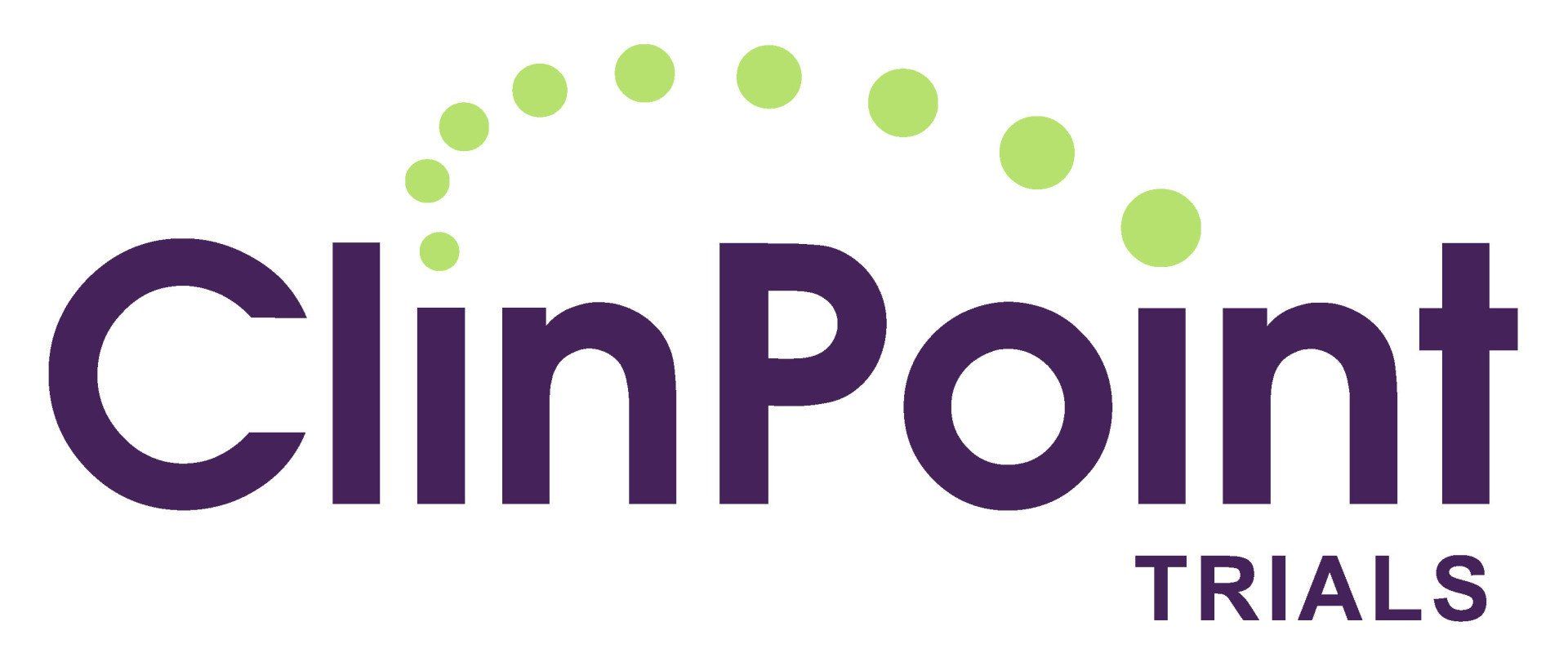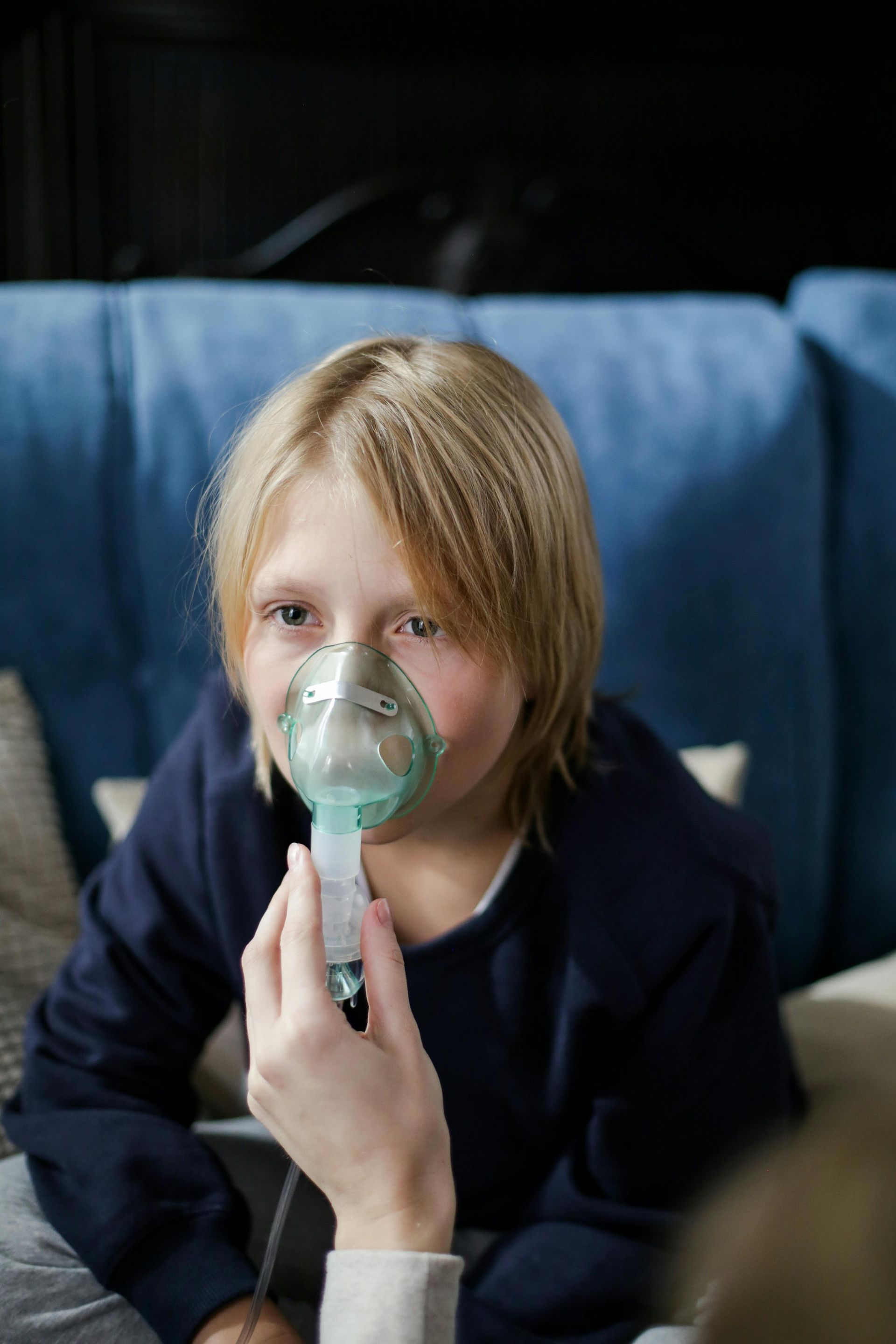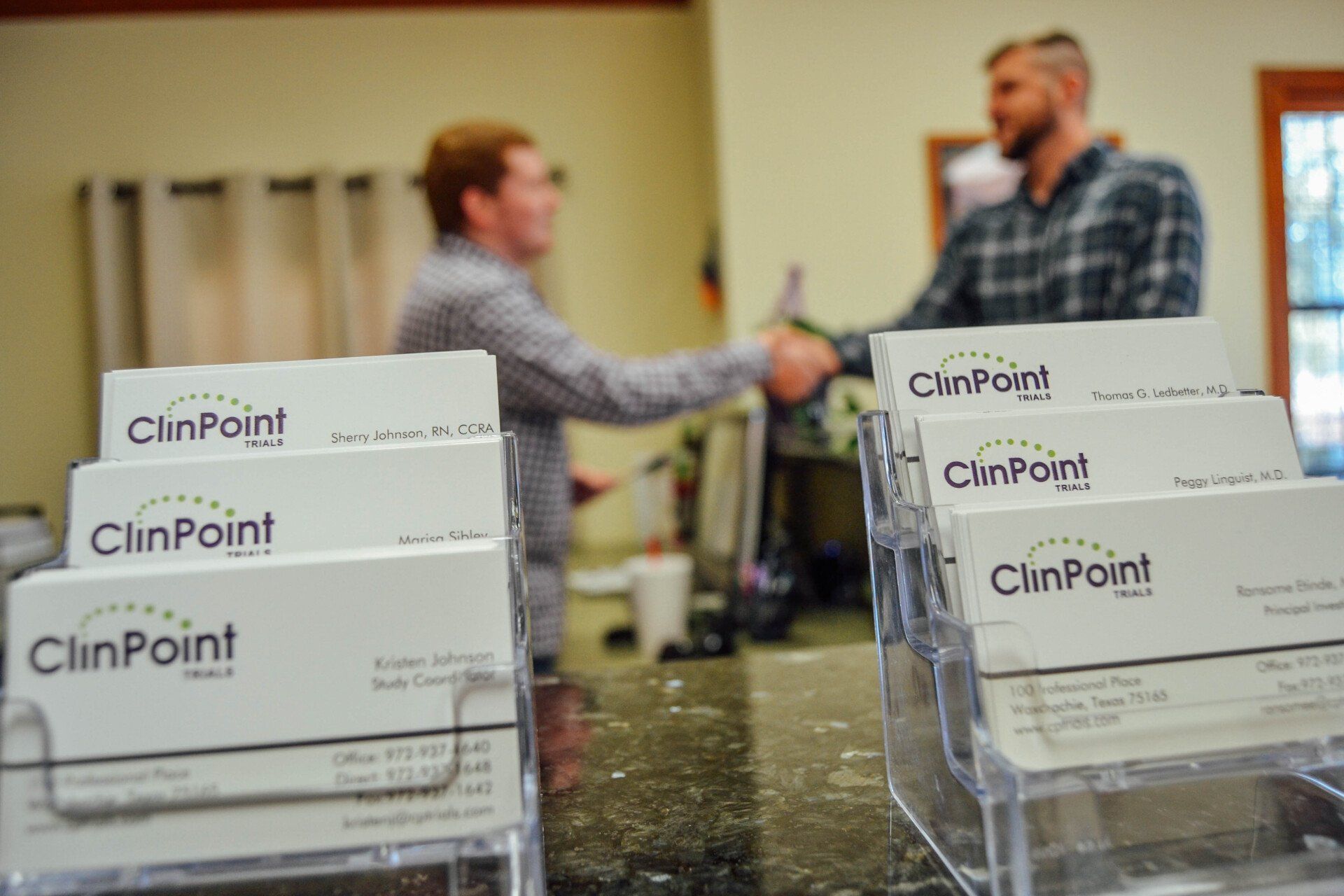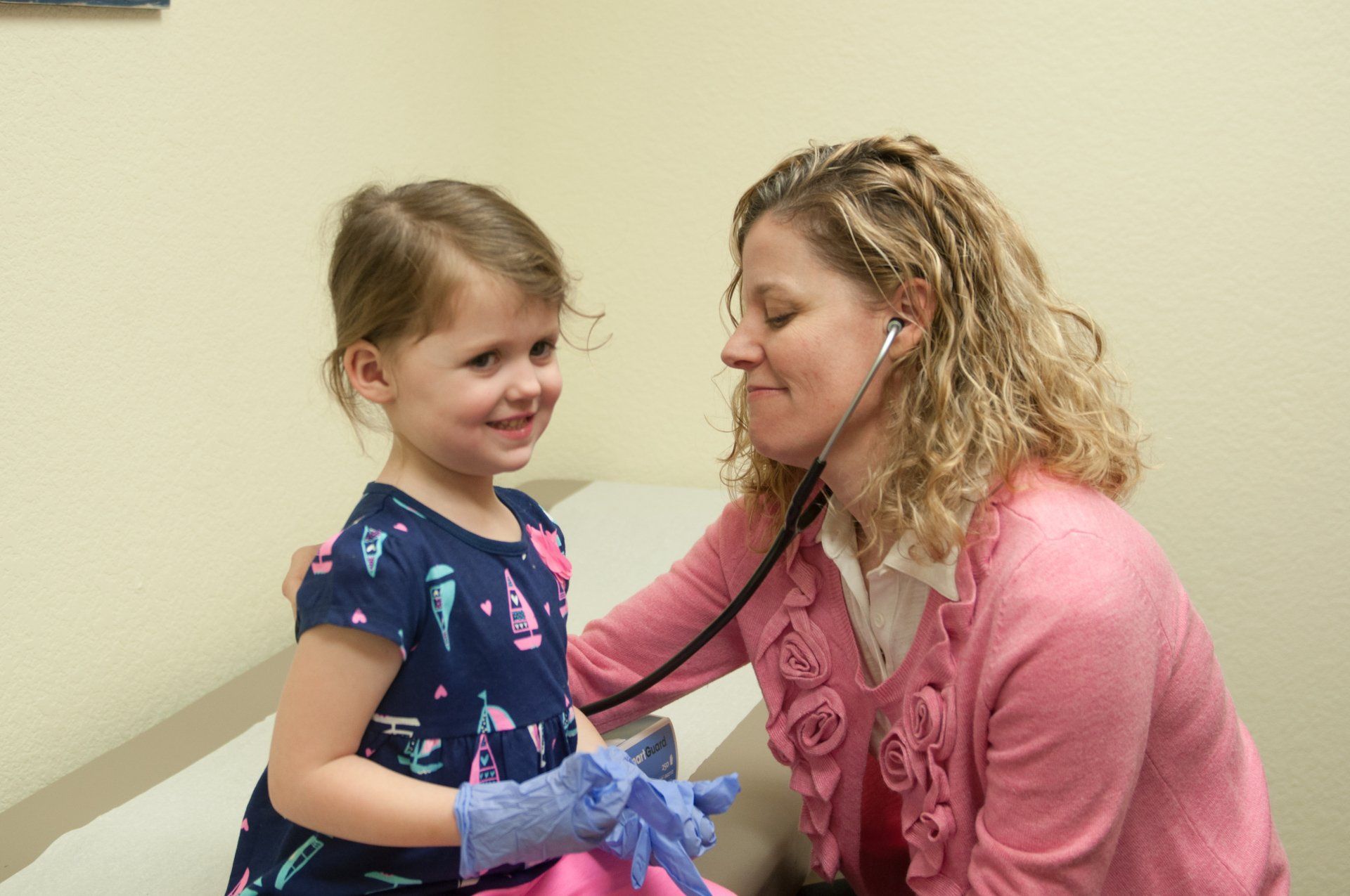FEATURED ARTICLES
Understanding Clinical Trials and the Purpose of Volunteers

When I was a child, I struggled with asthma. To help my condition, my doctor gave me an inhaler that contained a preventative asthma medication. It was easy to use and it helped make physical activities easier for me. I was able to play my favorite sports without fearing I wouldn't be able to breathe. This helped give me a better quality of life as a child. I no longer struggle with asthma, but I am thankful that there was a treatment available to help my condition.
For me it was an asthma medication and in inhaler. For some it may be insulin or a blood sugar monitor. For others it may simply be an over the counter medication for a common cold or a headache.
All medications of medical devices available for use by the general population are so only because of individuals who were first willing to volunteer to participate in clinical trials.
Clinical trials are research studies that seek to answer questions about medical treatments, medical devices or medical strategies. All medical treatments and devices start as ideas. Those ideas are then developed and tested in the laboratory. If the research on these new developments is promising and the Food and Drug Administration (FDA) approves further research testing, then the idea may move forward into clinical trials with human volunteers.
All potential treatments and devices are tested first in Phase 1 trials, which will only assess whether or not the products are safe for human use. If the products show to be generally safe, then the treatments or devices will continue into Phase 2 and 3 trials with larger numbers of volunteers. These trials continue to answer questions about safety, but also begin to assess how well a product works to improve patient outcomes, if it will benefit a patient, or if the product causes unexpected harm. The FDA monitors and reviews the research data on investigational treatments and devices very closely during all phases of clinical trials and can stop the trials at any time.
After all trials are completed, the FDA may or may not decide to approve a new treatment or device. Only after FDA approval will these ideas turned treatments end up in our medicine cabinets. Research then continues on these treatments or devices after they enter the marketplace.
There are many reasons why people choose to participate in clinical trials The top reasons include to advance medicine, to help improve the lives of others, to help improve their own medical condition or to supplement their own standard health care.
If you choose to join a clinical trial, you can expect to first be thoroughly informed about the study, what the study is testing, information about study appointments and procedures, potential risks and benefits, and your role as a participant.The study doctor, also called an Investigator, will assess whether or not you would be eligible to participate in the study. your eligibility may depend on your medical history, medications you are taking, or other diagnostic tests or exams.
Throughout the course of your participation in a trial, you can expect your health to be monitored very closely by the Investigator and the study team. This is done through a series of visits to the clinical research site before, during and after a study treatment or device is received or used. Since you are a volunteer, your study-related care is provided free of charge. You may also receive compensation for your time and travel.
Had no one ever participated in clinical trials for asthma, I may not have had access to a medication that helped my condition improve as a child. Clinical trials are the gateway to advancing medical knowledge and patient care for generations to come. Whether you are a healthy person or have a chronic medical condition, you can help to move medicine forward through participation in a clinical trial. It is truly a gift that keeps on giving.
If you are interested in participating in a clinical trial in the future or would like more information, reach out to your local clinical research site to speak with a member of the study team about how you can get involved.
Learn more at www.cptrials.com. You can reach her at (972) 937-1640 or marisas@cptrials.com for more information.














